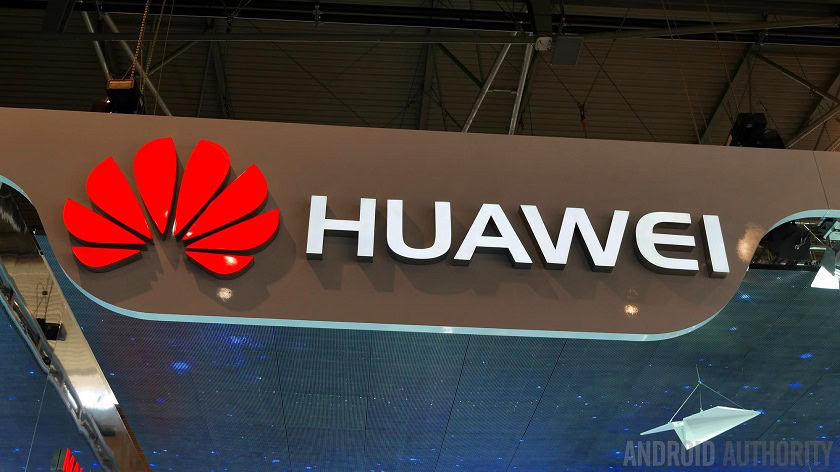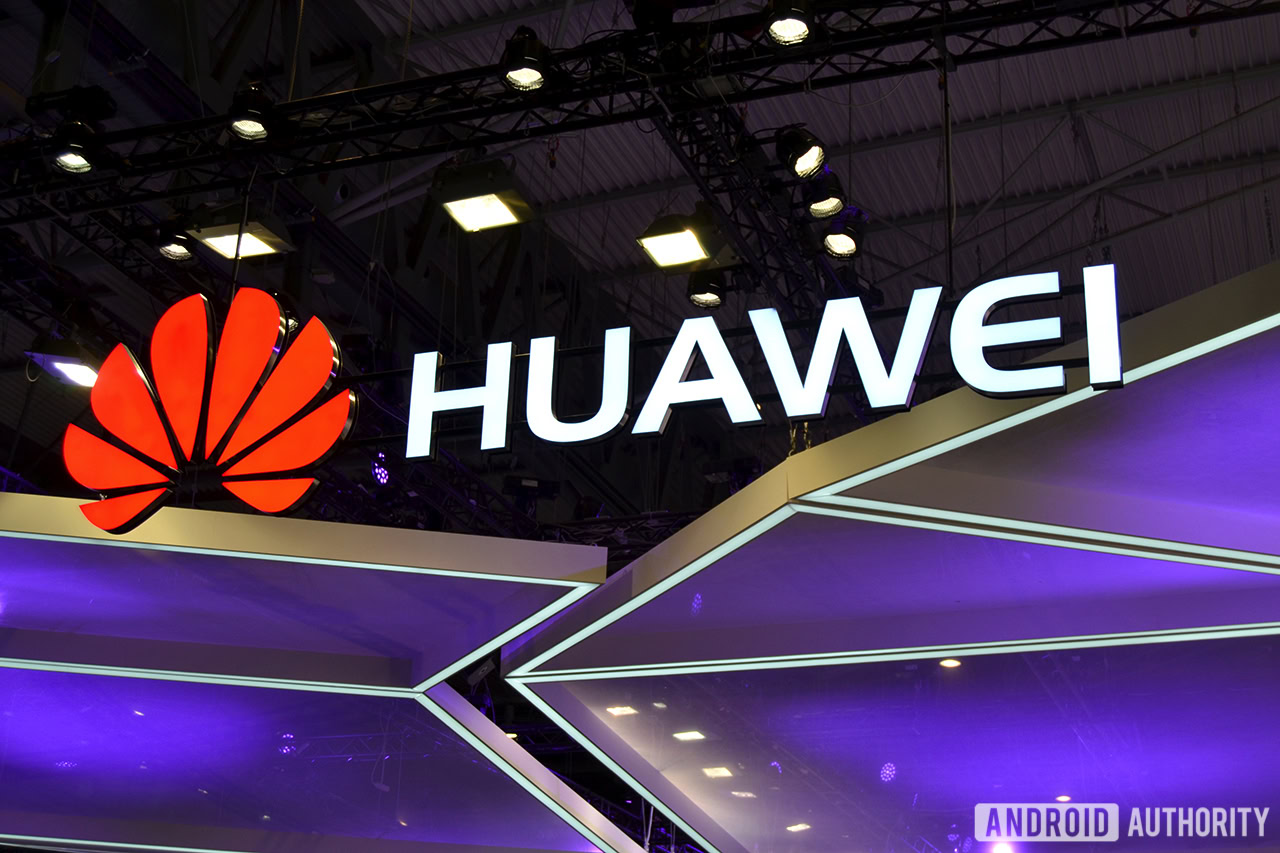Affiliate links on Android Authority may earn us a commission. Learn more.
HUAWEI lashes out at US government, calls backdoor allegations illogical

Update, February 13, 2020 (6:06AM ET): HUAWEI is mega upset over allegations made by US officials that it has secret backdoors into mobile networks around the world. The company has issued a strongly-worded statement calling the US government’s allegations illogical and stigmatizing.
It has also criticized The Wall Street Journal for publishing the original story mentioned below. “This reflects The Wall Street Journal‘s bias against HUAWEI and undermines its credibility,” HUAWEI noted in the statement.
US allegations of HUAWEI using lawful interception are nothing but a smokescreen – they don’t adhere to any form of accepted logic in the cyber security domain. HUAWEI has never and will never covertly access telecom networks, nor do we have the capability to do so.
HUAWEI insisted that the “administration and use” of the so-called lawful interception interfaces is solely by carriers and regulators, saying that they are located on an operator’s premises.
The Chinese company also took a jibe at the US government, criticizing it for spying on countries around the world. “As evidenced by the Snowden leaks, the United States has been covertly accessing telecom networks worldwide, spying on other countries for quite some time,” the company wrote in its statement. You can read the whole thing here.
Original article, February 12, 2020 (1:38 AM ET): The US has long had issues with HUAWEI, barring the company from launching its phones with carriers in the country and most recently issuing a trade ban against it. The government maintains that HUAWEI is a security risk, and it’s now accused the Chinese brand of being able to tap into its mobile equipment via backdoors.
According to the Wall Street Journal (paywall), US officials say HUAWEI is able to access mobile networks around the world via these backdoors. It adds that the company has had this capability for over a decade.
“We have evidence that HUAWEI has the secret ability to access sensitive and personal information in the systems it manages and sells around the world,” national security adviser Robert O’Brien was quoted as saying.
Officials haven’t revealed any more details, such as countries apparently affected by the problem. But they said that the issue first surfaced with 4G equipment.
The outlet says telecom makers are required to build ways for law enforcement to access their networks. But it claims that HUAWEI has built equipment that secretly “preserves” its ability to access networks, without a carrier’s knowledge.
Huawei’s response to claim
Officials from three nations told the Wall Street Journal that the US kept this information “highly classified” until late 2019, when they provided the details to the likes of the UK and Germany.
“We categorically reject these latest allegations. Again, baseless accusations are repeated without providing any kind of concrete evidence,” HUAWEI was quoted as saying by the outlet.

“The use of the legal interception interface is strictly regulated and is only accessible to certified personnel of network operators. No HUAWEI employee is allowed to access the network without the explicit approval of the network operator,” a senior company representative was quoted as saying, adding that access via this method was “extremely implausible and would be discovered immediately.”
The news comes almost a year after the US initiated a trade ban against HUAWEI, citing security concerns without specific evidence. If the allegation is true, however, it will only add fuel to opponents of a US push for backdoors in equipment, apps, and services. In fact, all five members of the so-called Five Eyes have previously demanded backdoors in services and equipment. But if a foreign company can access backdoors designed for law enforcement, then what’s stopping state actors or criminals?